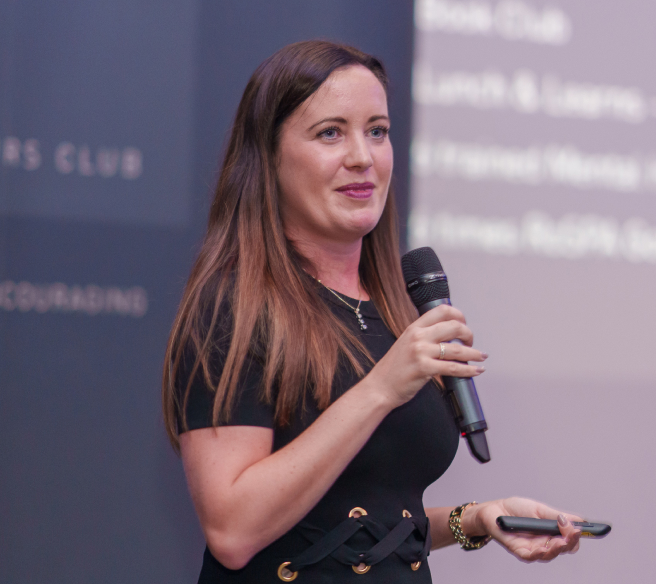For my local area
I want to engage
Have your say on important issues when it comes to local, regional and national challenges.
I want to lead change
Discuss topical and industry issues with peers, sharing experiences and best practice.
I want to give back
Get involved in campaigns and initiatives that benefit local communities and businesses.
Membership Directory
Discover all of the 4000+ members of East Midlands Chamber.
Membership Benefits
View all of the great benefits available by joining East Midlands Chamber.
Member to Member Offers
Take advantage of the fantastic offers our members can provide.
Our Partners & Patrons
The Chamber is proud to work with our Strategic Partners and Patrons.
Meet the board
The Chamber’s Board of Directors are a group of experienced, respected and successful individuals.
Success stories
See how the Chamber’s business support offer has assisted businesses, individuals and our area.
Work for us
There are so many great reasons to work for the Chamber. Help us achieve our vision.
